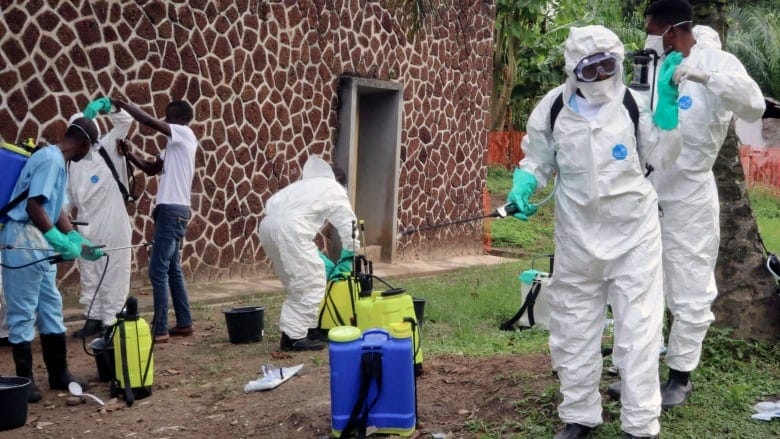In a shocking development, health authorities in the Democratic Republic of the Congo (DRC) are urgently investigating a mysterious disease that has resulted in the deaths of 79 people. The outbreak, which has primarily affected the northern provinces of the country, has raised significant concerns among local and international health officials, who are scrambling to determine the cause and prevent further fatalities. Reports indicate that the symptoms of the disease include fever, fatigue, and gastrointestinal distress, but the exact nature of the illness remains unknown. The World Health Organization (WHO) has dispatched a team of experts to assist the DRC’s Ministry of Health in their investigations. Preliminary tests for known infectious diseases such as Ebola and cholera have returned negative, leading health officials to suspect that this could be a new or previously unidentified pathogen. “We are taking this situation very seriously,” said Dr. Jean-Pierre Mbelu, a leading epidemiologist in the region. “Our teams are on the ground, conducting tests and gathering data to understand the transmission dynamics and potential sources of infection.” The DRC has a history of outbreaks of infectious diseases, including Ebola, which has claimed thousands of lives in past years. The current situation has prompted heightened surveillance and health education campaigns to inform local communities about hygiene practices and symptoms to watch for. As the investigation continues, the WHO and other international partners are mobilizing resources to support the DRC in controlling the outbreak and ensuring that health systems are equipped to handle any further cases. The global health community is closely monitoring the situation, given the potential for the disease to spread beyond the borders of the DRC. More information will be released as it becomes available, and health officials urge the public to remain vigilant and report any unusual health symptoms to their local health authorities.
Congo’s Mystery Disease X: An Urgent Investigation After 79 Fatalities



